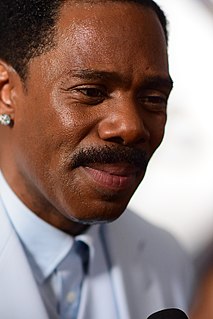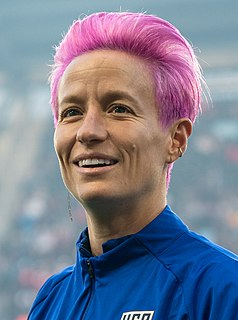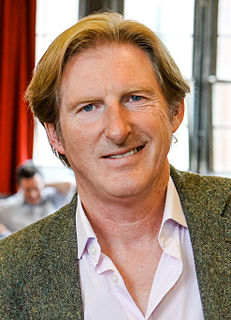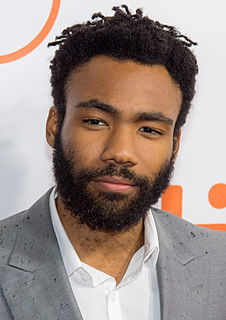A Quote by Paul Beatty
I had a student once come up to me and we were talking about this incident, and, of course, I never had the right thing to say. But later on, I realized I should have said: Don't write about trying to change the world, just write about a changed world or a world that's not changing. Let that do the work.
Related Quotes
I am not sure just what Marx had in mind when he wrote that "philosophers have hitherto only interpreted the world in various ways; the point is to change it." Did he mean that philosophy could change the world, or that philosophers should turn to the higher priority of changing the world? If the former, then he presumably meant philosophy in a broad sense of the term, including analysis of the social order and ideas about why it should be changed, and how. In that broad sense, philosophy can play a role, indeed an essential role, in changing the world.
I hired a publicist once I got cast in 'Passing Strange,' and one of the first conversations we had was about how I wanted to handle talking about my sexuality. I said, 'It's never been an issue for me. I want to talk about my work, but if something about myself relates to my work, of course I'll talk about it.'
I could never write about the sort of people John Cheever or John Updike or even Margaret Atwood write about. I don't mean I couldn't write as well as they do, which of course I couldn't; they're great writers, and I'm no writer at all. But I couldn't even write badly about normal, neurotic people. I don't know that world from the inside. That's just not my orientation.
'Divergent' was my utopian world. I mean, that wasn't the plan. I never even set out to write dystopian fiction, that's just what I had when I was finished. At the beginning, I was just writing about a place I found interesting and a character with a compelling story, and as I began to build the world, I realized that it was my utopia.
There are all sorts of theories and ideas about what constitutes a good opening line. It's tricky thing, and tough to talk about because I don't think conceptually while I work on a first draft -- I just write. To get scientific about it is a little like trying to catch moonbeams in a jar. But there's one thing I'm sure about. An opening line should invite the reader to begin the story. It should say: Listen. Come in here. You want to know about this.
I think it's kind of awkward when everyone knows you're gay but you don't say it. I had been thinking about coming out for almost a year before I did. I thought about it seriously on the plane ride home from the World Cup, while I was casually talking to my friend Lori Lindsey. She said, "Dude, you should just come out." She was right. Everyone in my life already knew. If you want to stand up and fight for equal rights but then won't even stand up for yourself and say "I'm gay" - that just started to feel weird.
I discovered Einstein said the same thing about his celebrated theories of relativity that writers say about their work when he said he didn't have any feelings of personal possession of these ideas. Once they were out there, they came from somewhere else. And that's exactly the feeling when you write. You don't feel possessive about it.
I was once doing a question and answer period with the novelist Jane Smiley in a bookstore and someone asked us what our processes were and Jane said hers and then I said mine and Jane said, "Well, if I had a student like that I'd force him never to write like that again because you could never write a novel in the way that you write poetry."
































